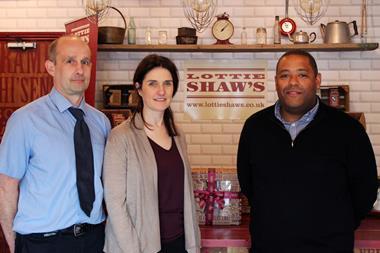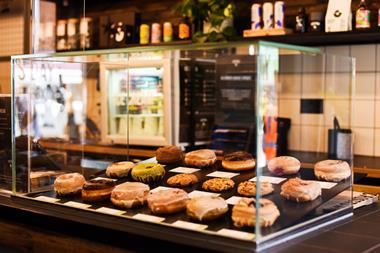Bakery businesses have accounted for the greatest number of food and drink start-ups in the past six months, according to a new study.
Based on Companies House data for the 1,725 food manufacturing businesses registered between 1 September 2018 and 1 March this year, 269 were involved with the baking sector, accounting for 15.6% of food and drink start-ups.
The next largest group was the 198 of businesses involved in wine, cider or beer production, which accounted for 11.5% of the total.
According to researchers at analyst Alert Business Insight (Alert BI), this showed the greatest number of new businesses had been in markets where entrepreneurs saw scope to provide products that met consumer demand for something different and unique in terms of flavour, quality or provenance of ingredients.
“The 269 new baking companies established over the past six months equates to a start-up rate of over 500 per year – a 17% increase in numbers in an industry that has approximately 3,000 established firms,” reported Alert BI in the study. “That’s a lot of new competition!”
“On the face of it, the data points to a boom in independent food production, driven – at least in part – by the commitment of new entrepreneurs to providing high-quality products. For many entrepreneurs, food represents not just a business opportunity but a mission.”
However, researchers warned that the failure rates in the food and drink industry were “depressingly high”, with around 90% of new companies starting in the sector forced to close their doors within a few years.
Key challenges for new businesses seeking to gain supermarket listings included the limited amount of shelf space available, and being able to supply in bulk.
“In addition to product quality – and whether or not it will be attractive to consumers – they are looking for suppliers who can ship the required volumes while also putting the work in to build their own brands,” stated the report. “From a supplier point of view, this can create problems that are difficult, and sometimes impossible, to overcome.”
Another potential stumbling block, according to Alert BI, is failure by new suppliers to appreciate the funding and cash flow issues they are likely to face as they begin to scale up production to meet growing demand.



































No comments yet